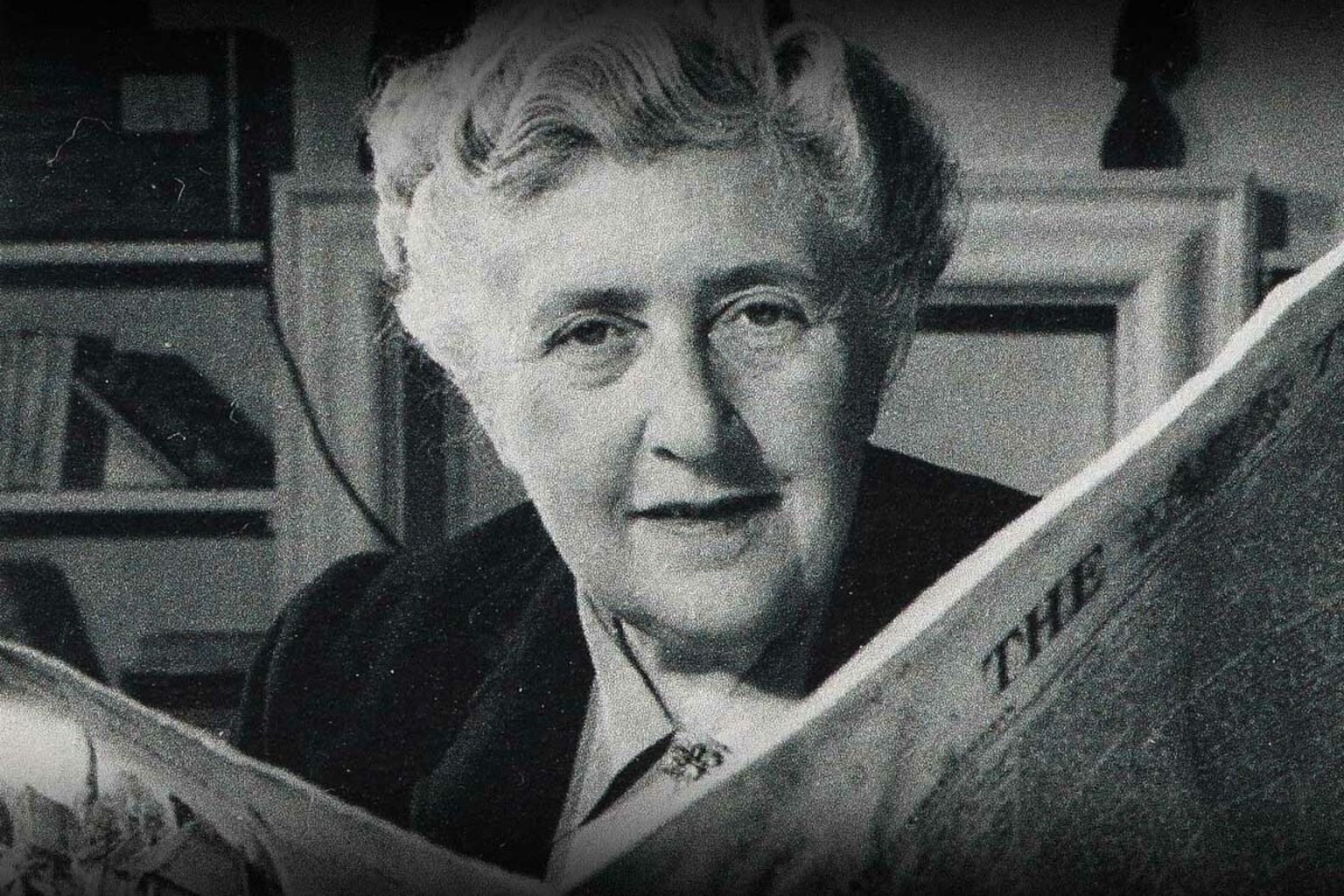There are writers, and then there are the ones who keep going. Through storms, deadlines, divorces, wars, heartbreak, and decades of changing light. They write in hospitals and trains, on typewriters and phones, for breakfast and before sleep. Their fingers do not forget the way back to the page. The world calls them the most prolific authors.
In this article, we look at their journeys across time and genre, the ones who left behind whole continents made of language. If you’ve ever wondered how far a pen can carry a life, these prolific writers are your proof. Begin wherever you like; each name is a doorway.
1. Isabel Allende (1942 – age 82 years)
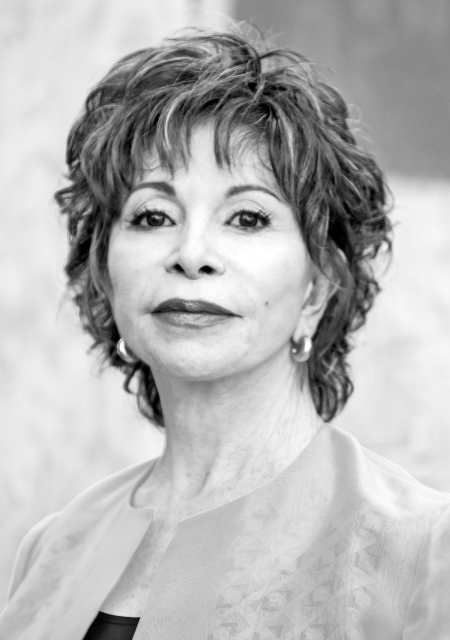
Isabel Allende writes as if memory has a scent and every page is trying to remember it. Her words have traveled farther than most people ever do. One of Latin America’s most translated voices, she has sold over 77 million books in more than 40 languages. The House of the Spirits began as a goodbye to her grandfather, but it opened doors across the world. Whether she’s writing fiction, memoir, or something quietly in between, her work pulses with memory, exile, and moments where the magical and the real meet without explanation.
“Show up, show up, show up,” she once said. “And after a while, the muse shows up, too.” For Allende, writing is an act of presence; her work reminds us that prolific writers don’t just produce, they endure, page after page, story after story.
2. Stephen King (1947 – age 77 years)
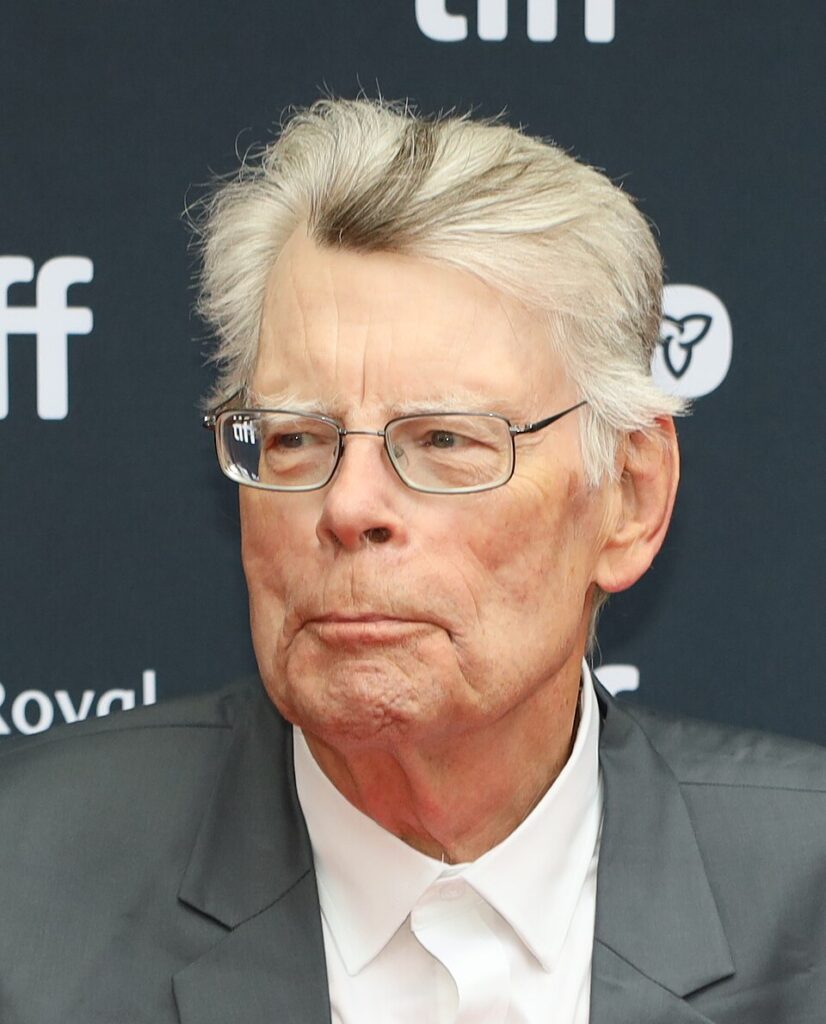
Stephen King writes like a man haunted by stories, memories, and questions. With over 65 novels, 200 short stories, and countless adaptations, he is the author of books who turned fear into a mirror. From Carrie to The Dark Tower, his work spans horror, fantasy, and psychological thrillers, and his book series with the most books has its cult following.
A true prolific writer of science fiction and suspense, he once said, “Amateurs sit and wait for inspiration. The rest of us just get up and go to work.”
Some write to dream. King writes to survive, and in doing so, teaches us all how to begin.
3. Barbara Cartland (1901–2000)

Barbara Cartland wrote as if love had a schedule. From a pink chaise lounge, she dictated 723 books, mostly historical romances where heroines stood tall, noblemen swooned, and happy endings were a certainty. Her stories were velvet-lined and unapologetically tender. She never pretended to be anything else. That’s what her readers loved: the comfort of knowing love would always win, again and again.
Cartland’s writing rhythm bordered on the supernatural. She could reportedly draft a novel in just five days. She called it “dictation from the heart,” and her themes rarely wavered. As one of the most published authors of all time, her legacy proves that being a prolific writer doesn’t always mean reinventing the wheel; it can also mean knowing exactly what your readers crave.
4. Ryoki Inoue (1946 – age 78 years)
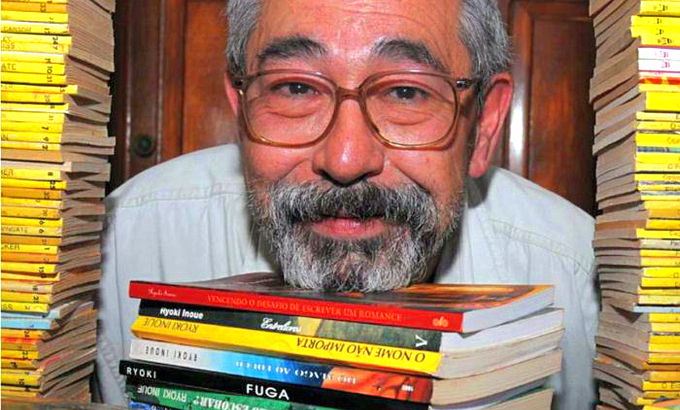
Ryoki Inoue wrote like he was racing time itself. A Brazilian author of Japanese descent, he once published ten books in a single day, typing for hours at a stretch without pause. Across his career, he’s authored over 1,000 novels, many under pseudonyms, across genres from westerns to thrillers to medical dramas.
His process was not about waiting for the muse. It was discipline, repetition, and a belief that stories deserve to be told, even without fanfare. He once said writing was “as natural as breathing.” You may not see Inoue quoted on mugs or T-shirts, but few remind us better that brilliance often arrives not loudly, but again and again.
5. Corín Tellado (1927–2009)
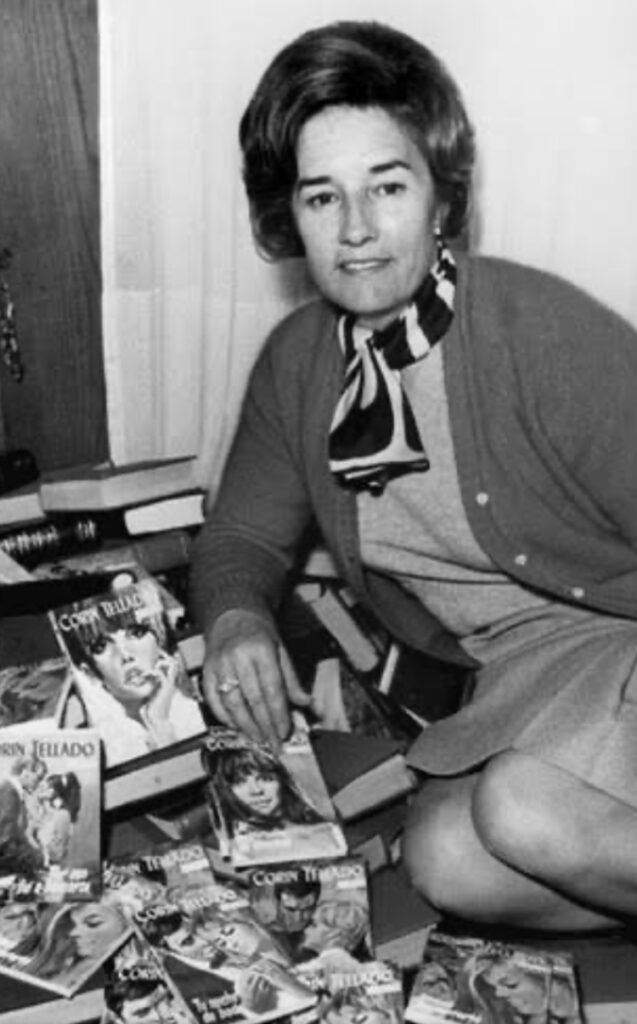
Corín Tellado was a phenomenon. Often writing a novella every week, this Spanish author reshaped romantic fiction for a generation of readers. With more than 4,000 titles to her name, she filled magazines and paperbacks that traveled across Latin America and Europe like secondhand prayers. Critics shrugged, but readers called her necessary.
UNESCO called her the most prolific novelist writing in Spanish. Her stories whispered through homes, stitched with heartbreak, simplicity, and the quiet dignity of staying. Tellado once said, “People need love stories. I just wrote them down.”
RELATED READING: 7 Famous Authors Who Are Known For Their Offensive And Disturbing Quotes
6. Isaac Asimov (1920–1992)
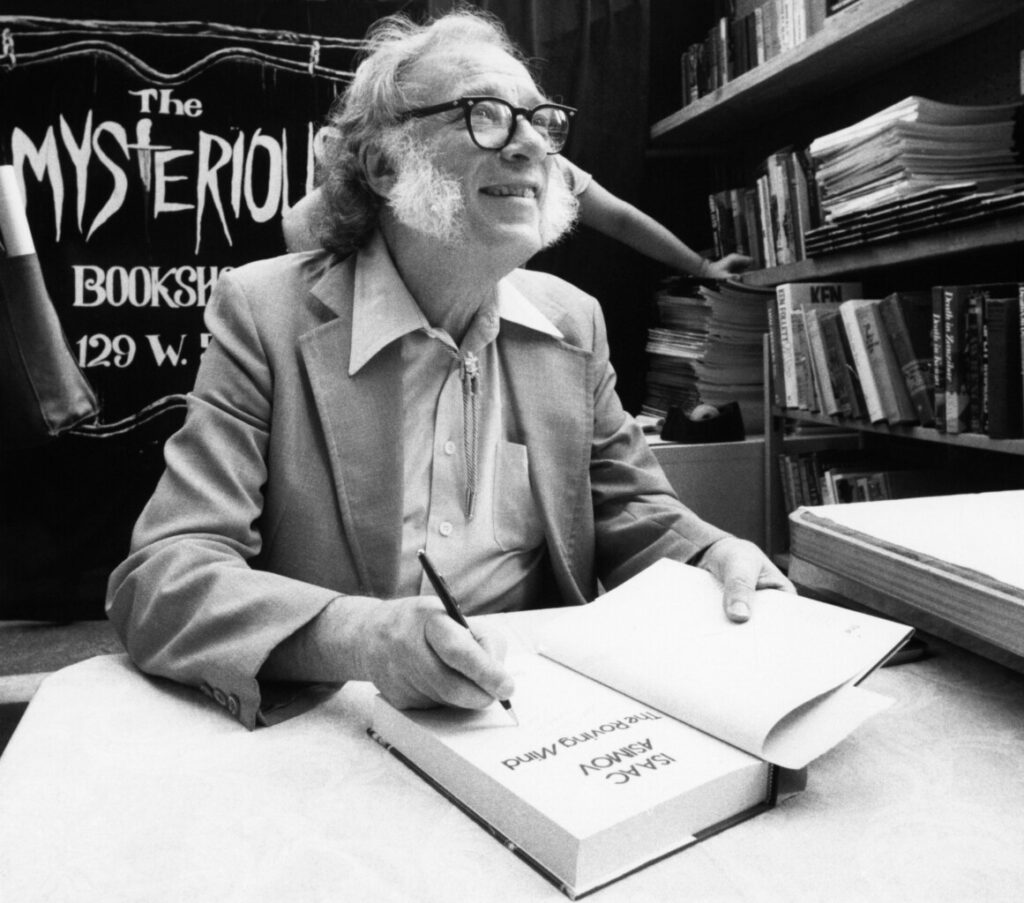
To Isaac Asimov, writing was the sound of thought stretching its legs. The prolific writer of science fiction and nonfiction gave us over 500 books, each one a filament of curiosity. Foundation built futures. I, Robot gave them laws. But Asimov didn’t believe in borders; his mind wandered from Bible history to Shakespeare, from molecules to myth. He didn’t just explain the world. He built new ones and invited us in.
He once said, “If my doctor told me I had only six minutes to live, I wouldn’t brood. I’d type a little faster.” Every keystroke was clarity. Every page, a gesture toward understanding. Among the most published books of all time, Asimov’s work remains a monument to relentless curiosity.
7. Mary Faulkner/Kathleen Mary Lindsay (1903-1973)
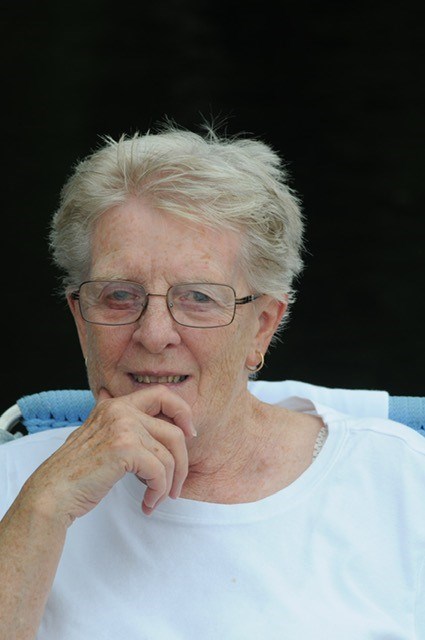
Under the pen name Mary Faulkner, a chorus of romance writers whispered from behind the Mills & Boon veil. Together, they gave the world over 900 stories, Doctor’s Orders among them, that knew the soft weight of longing. These weren’t tales of fireworks, but of familiar aches, stitched with gentleness. Readers returned for the ache, and maybe, for the way it always ended in light.
Though fictional in origin, Mary Faulkner earned her place in the romantic imagination of the 20th century, quietly shaping the genre’s landscape.
8. Georges Simenon (1903–1989)
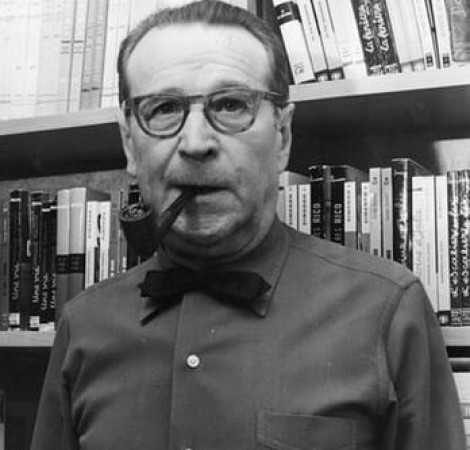
Georges Simenon wrote like he were trying to solve something inside himself. A Belgian master of restraint, he created over 400 books, with Maigret as his shadow. Some novels appeared in under two weeks, as if the answers were always waiting, just behind the page.
He once said, “Writing is not a profession but a vocation of unhappiness.”
He observed people deeply, then wrote them whole, flaws, silences, and all. Recognized widely as the most prolific novelist in his genre, Simenon’s legacy is not just about numbers but about how many lives he illuminated through shadow.
9. Nora Roberts (1950 – age 74 years)

Nora Roberts writes as if each story is a map back to the self. Her Bride Quartet is full of soft landings, while the In Death series, written as J.D. Robb, pulses with grit and grace. Between romance and revelation, she’s claimed her shelves, each book a thread in something vast and true.
Roberts once said, “You don’t find time to write. You make time.” That is her secret, perhaps one of many quiet tips from prolific writers who choose the work before the waiting.
10. Enid Blyton (1897–1968)
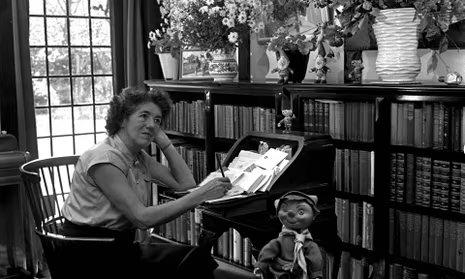
Enid Blyton wrote with the certainty that children see more than we do. With The Famous Five and The Secret Seven, she offered over 600 books where sandwiches and secrets shaped entire adventures. Though often dismissed, her stories passed like torches between siblings, shelves, and summer days that refused to fully end.
She once said, “You can’t possibly do anything to a book without affecting your reader.” And affect she did, through pace, adventure, and stories that made children feel seen. As one of the most influential female authors in English literature, her legacy proves that simplicity, told well and often, can become timeless.
RELATED READING: Agony And Awakening: Nietzsche’s Philosophy On Suffering And Why It Is Necessary To Suffer
11. James Patterson (1947 – age 78 years)
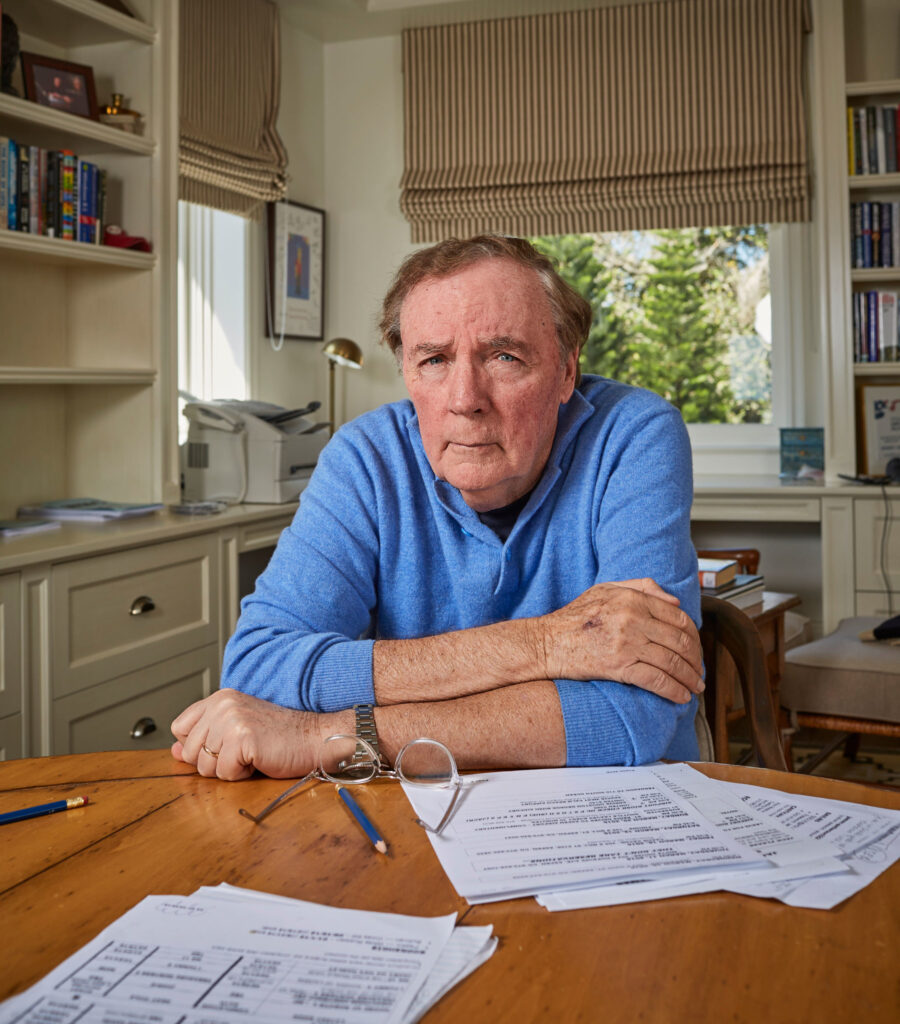
James Patterson writes like someone chasing the plot before it disappears. Known for his blistering pace and collaborative approach, he’s published over 200 novels, from Along Came a Spider to the Alex Cross series. His stories, spanning thrillers to children’s books, have sold more than 400 million copies.
Often called the most prolific writer today, Patterson outlines every chapter like blueprints, believing in fast, addictive pages. Some call it a formula. He calls it work. He changed how we read, one hook at a time, one breathless chapter after another.
12. Danielle Steel (1947 – age 77 years)

Danielle Steel writes as if healing had a shelf of its own. With The Gift and Safe Harbour, she traces survival through silence, loss, and grace. Her 180-plus novels, translated and read in over 50 countries, are stitched with the quiet music of persistence.
She once said, “A bad review is like baking a cake with all the best ingredients and having someone sit on it.” One of the wealthiest writers in history, Steel exemplifies what is prolific writing, not just the quantity of words, but the unshakable rhythm of returning to the page.
13. Alexandre Dumas (1802–1870)

Alexandre Dumas lived through every duel he described, every escape he plotted. In The Count of Monte Cristo and The Three Musketeers, vengeance and valor hold hands. His hundreds of works spanned decades, continents, and revolutions.
He is still whispered among the most prolific authors in literary history, a writer who left behind not just stories, but storms.
He once said, “All for one and one for all,” but perhaps he meant the stories too, written not just for applause, but for permanence. His work still gallops, century after century, page after page.
14. Agatha Christie (1890–1976)
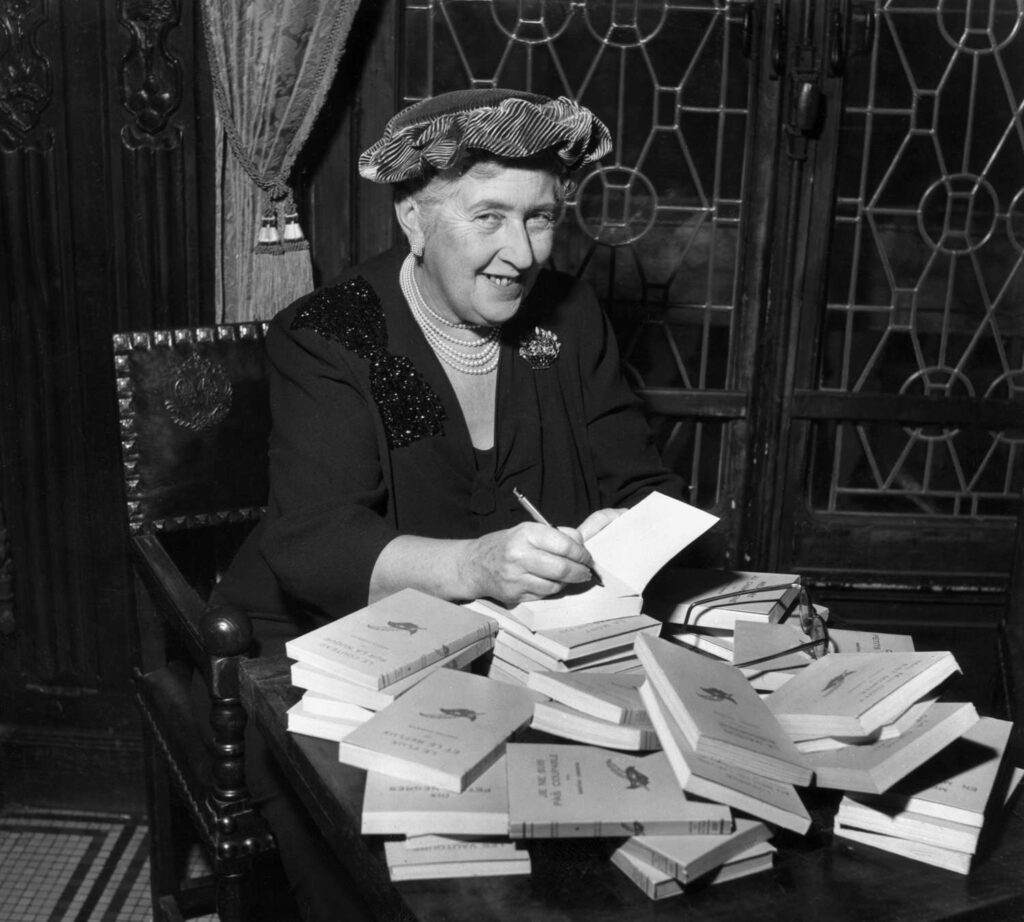
Agatha Christie wrote with the precision of someone who understood how silence could turn into suspicion. Titles like Murder on the Orient Express and And Then There Were None held blueprints of crime built from fear, flaw, and timing. Her detective Hercule Poirot became nearly as iconic as her name.
Christie remains a cornerstone of prolific American writers in popular culture, though British by origin, her readership stretched far beyond borders.
She once said, “The best time to plan a book is while you’re doing the dishes.” Her genius was never just in who did it, but how she always knew where to look.
15. R. L. Stine (1943– age 81 years)
He writes with the delight of a prankster who never aged. R. L. Stine’s Goosebumps and Fear Street made fear feel like a game you could finish and start again. Across hundreds of books, his monsters morphed, but his pulse on imagination never did.
He once said, “People say, ‘What advice do you have for writers?’ I say, ‘Start writing.’” His books may start with a bump in the night, but they’re really about the thrill of keeping your eyes open.
RELATED READING: 7 Poems That Prove E.E. Cummings Is The Only Poet You’ll Ever Need To Read
16. Paulo Coelho (1947 – age 77 years )
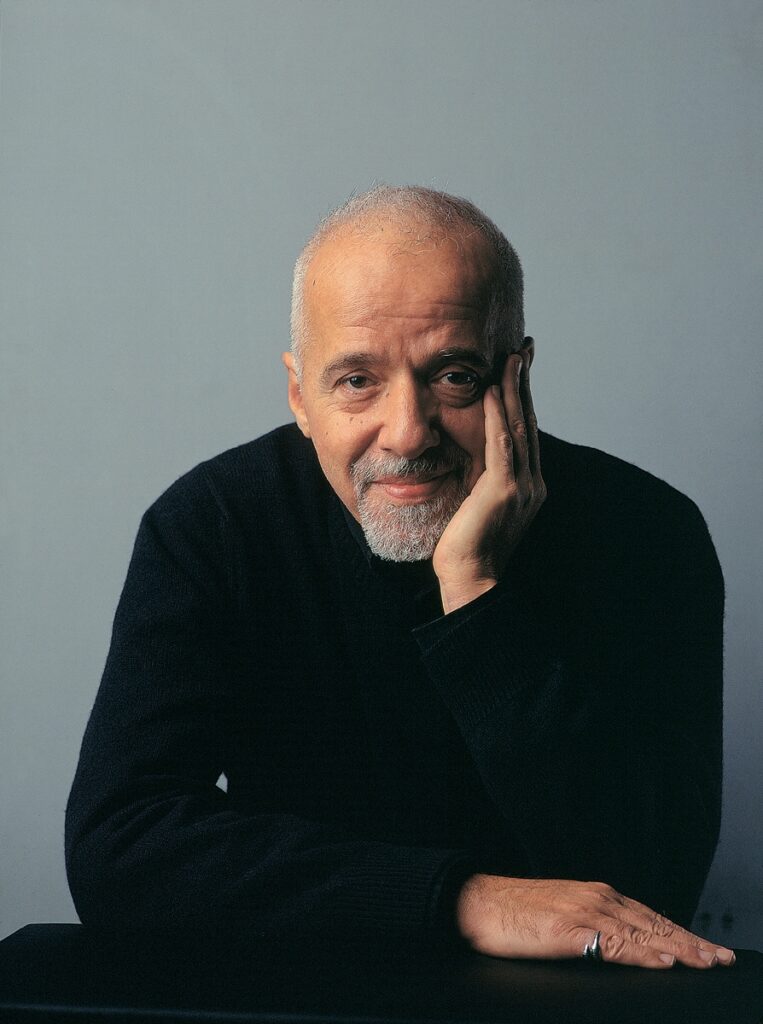
Each sentence Paulo Coelho writes feels like a step toward some internal sky. The Alchemist, his most beloved, travels in over 80 languages, speaking softly to seekers everywhere. His stories aren’t loud; they wait. Blending myth with memory, spirit with stillness, Coelho’s work invites you not to escape life, but to understand the shape of it.
He once said, “One is loved because one is loved. No reason is needed.” Coelho’s stories feel like someone whispering your thoughts back to you. Both tender and unafraid, they spark revolutions that never shout. His name often appears in net worth lists, yet his true impact lies elsewhere, in how many strangers found themselves by tracing the quiet maps he left behind.
17. Michael Avallone (1924–1999)
Michael Avallone wrote like a man in a rush to empty his imagination. He said he’d written a thousand books, maybe more, starting with The Tall Dolores. The rest came quickly; pulp thrillers, tie-ins, crime plots, often finished before the ink dried. His words weren’t careful. They were alive, full of drama, and always just slightly ahead of the clock.
He once said, “I’ve been writing since I discovered pencils.” He is an ideal figure when exploring the secrets of prolific writers, whose success was built not on fame but on sheer momentum.
His pages might not all be known, but they never stopped turning.
18. Charles Hamilton (1876–1961)
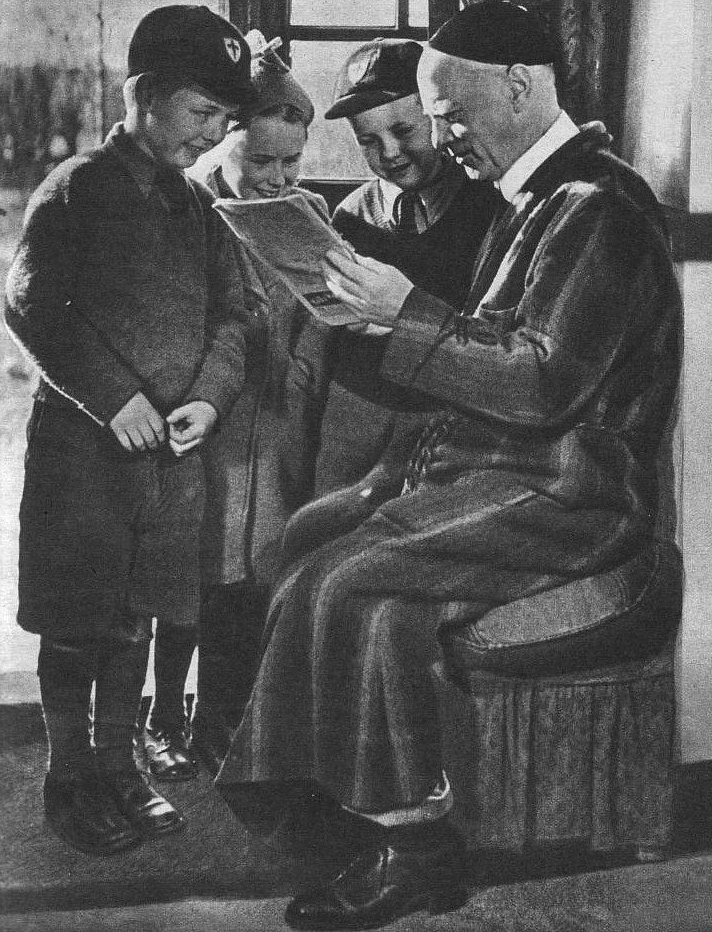
Charles Hamilton wrote as if the ink would never run out. Greyfriars School, Billy Bunter, and a typewriter that rarely cooled, Charles Hamilton is said to have written the most books in English literary history.
His words, more than 100 million of them, didn’t just fill pages. They shaped genres that outlived him, echoing through comics, classrooms, and the corners of fandom. He once said, “A good story should always leave them wanting more.
19. L. Ron Hubbard (1911–1986)
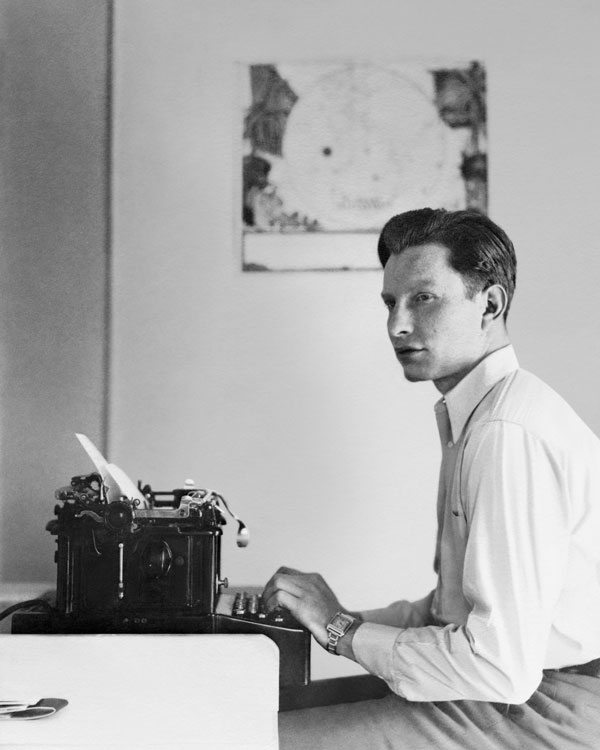
L. Ron Hubbard wrote as if fiction were a faucet he couldn’t turn off. With Battlefield Earth and countless pulp stories under dozens of pen names, he reportedly wrote the most books of any single individual in modern publishing history. He even holds the Guinness World Record as the author with the most books published and is often cited as the American author who has written the most books; a curious case of a man who wrote too much and revealed even more.
A controversial figure, Hubbard also founded Scientology, making him one of the richest names ever linked to literature.
He once said, “You don’t get rich writing science fiction. If you want to get rich, start a religion.” His words stirred worlds, both imagined and ideological.
20. Ursula Bloom (1892–1984)
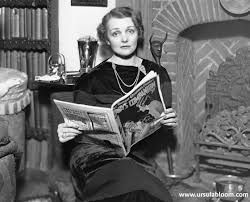
Ursula Bloom has written over 560 books, making her one of the best selling authors of the 20th-century. She has earned herself the Guinness Book of World Records as the world’s most prolific female writer.
She once said, “In life nothing goes on for ever, even if it looks exactly as if it would.”
In sheer volume, she remains among the top contenders for books written by one author, a quiet force whose words never paused to rest.
RELATED READING: 6 Rules Of Writing By George Orwell
21. Colleen Hoover (1979 – age 45 years )

Colleen Hoover writes like heartbreak is a bruise worth pressing. With It Ends With Us and Verity, she’s become a viral voice among the most resonant writers of our time.
Some fans even wonder who is the most prolific author of all time, when her books seem to appear faster than shelves can hold them.
She once said, “Some people come into our lives and leave footprints on our hearts.” Hoover leaves entire chapters.
More Than Words, Again And Again
The most prolific authors aren’t just defined by word counts or records. They’re the ones who return, again and again, to the quiet page, choosing stories over silence.
Be it pulp or poetry, be it their name or a borrowed one, they spoke across time. Their pages made space in cabinets, suitcases, and the heart. What stays isn’t how much they wrote, but how we return. In grief, in memory, in quiet, we reach for their voices again.
17 Saddest Fictional Character Deaths From Books That Still Make Us Cry

